Hutton: As the fleet director, I need to drive and motivate a team of 53 people to exceed yearly sales, delivery and pre-delivery inspection objectives. I am also responsible for ensuring the group provides a class-leading service for our customers that delivers both the Vindis Group’s and the brand’s profit/unit objectives.
Hutton: The fleet market is on the verge of a revolution – the move towards electric vehicles – which will take the market by storm over the next 12-24 months. Up until recently, the cost of batteries was extremely punitive and therefore made it difficult for brands to bring a viably priced vehicle to market. However, in 2019 we will see products arrive that will be competitively priced and will have a range that will make them attractive to all users. The challenge is making people aware of how easy they will be to use in real life and actually, in many instances, make life easier and more cost-effective.
Colin Hutton, fleet director at Vindis Group, on why EVs are going to shake up the fleet market over the next two years.
What are the main responsibilities of your role?
Hutton: As the fleet director, I need to drive and motivate a team of 53 people to exceed yearly sales, delivery and pre-delivery inspection objectives. I am also responsible for ensuring the group provides a class-leading service for our customers that delivers both the Vindis Group’s and the brand’s profit/unit objectives.
What are the most significant challenges ahead in your field of work?
Hutton: The fleet market is on the verge of a revolution – the move towards electric vehicles – which will take the market by storm over the next 12-24 months. Up until recently, the cost of batteries was extremely punitive and therefore made it difficult for brands to bring a viably priced vehicle to market. However, in 2019 we will see products arrive that will be competitively priced and will have a range that will make them attractive to all users. The challenge is making people aware of how easy they will be to use in real life and actually, in many instances, make life easier and more cost-effective.
How might these challenges be overcome?
Hutton: The industry as a whole has had bad experiences with either electric or hybrid vehicles, with limited range, minimal charging facilities and the most damaging of all, hybrid purchases being made for benefit-in-kind (BIK) reasons. Drivers then fill up with fossil fuels, pushing up the total running costs for companies.
With new battery-electric vehicles, having a real-life experience will be the key selling factor. Range anxiety will be overcome, because in most cases you will be leaving home with a full charge, in many instances [capable of] 250-300 miles. However, by far the biggest selling point will be the BIK – 2% of the P11D value in 2020/21 tax year. There still needs some longevity to be communicated, which will hopefully come in the spring statement.
What attracted you to this area of expertise?
Hutton: I started work in the contract hire market in 1984. I was inspired by having the ability to demonstrate to businesses how they could save money while inspiring their workforce. Since then, three key factors have driven change – lease accounting changes, a new CO2-based BIK regime and the improvement in diesel engines from non-turbo to turbo. Each of these and others, to a less of a degree, changed how fleets funded vehicle purchases and what vehicles appeared on their policies. Recent European directives for cleaner air, along with legislation driving vehicle manufactures to produce low- or zero-CO2-emitting vehicles has attracted me, while highlighting this opportunity for the next dramatic change.
What’s is the most important thing you’ve learnt in your career and how have you made best use of it?
Hutton: People are your greatest assets – however, they can also be your biggest weakness. When reviewing your team’s skillsets, you must ensure you have people with a can-do attitude along with a passion to provide exemplary service. If they do not, there is a big risk that you will not achieve your goals and/or it will take you longer than your competitors to achieve what is possible. The net effect being a loss of income and profitability.
How do you relax?
Hutton: Playing golf or sailing a racing dinghy.
What is your favourite app?
Hutton: LinkedIn
What drives you?
Hutton: The passion to be the best of the best.
Login to continue reading
Or register with AM-online to keep up to date with the latest UK automotive retail industry news and insight.

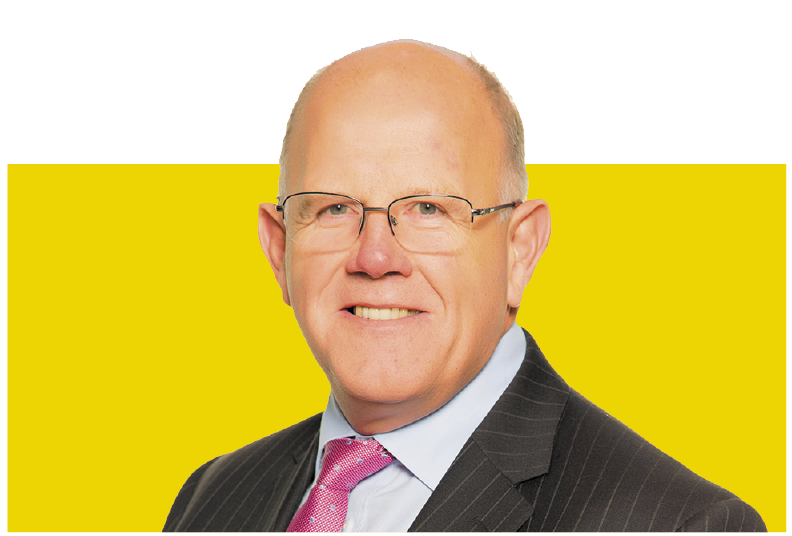
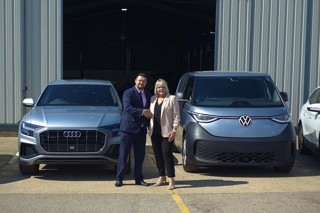
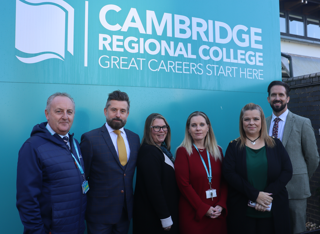
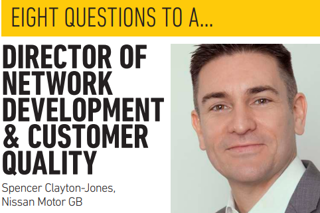
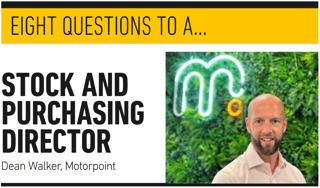
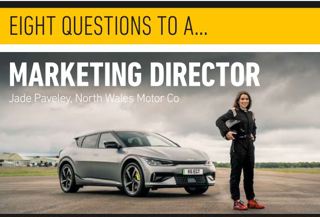












Login to comment
Comments
No comments have been made yet.